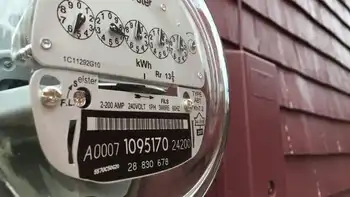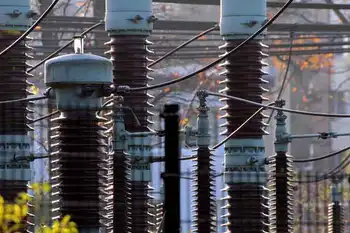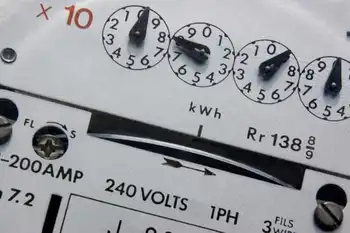Class-action lawsuit: Hydro-Québec overcharged customers up to $1.2B

Electrical Testing & Commissioning of Power Systems
Our customized live online or in‑person group training can be delivered to your staff at your location.

- Live Online
- 12 hours Instructor-led
- Group Training Available
Hydro-Qu�E9bec Class-Action Lawsuit alleges overbilling and monopoly abuse, citing R�E9gie de l'�E9nergie rate increases, Quebec Superior Court filings, and calls for refunds on 2008-2013 electricity bills to residential and business customers.
Key Points
Quebec class action alleging Hydro-Qu�E9bec overbilled customers in 2008-2013, seeking court-ordered refunds.
✅ Filed in Quebec Superior Court; certification pending.
✅ Alleges up to $1.2B in overcharges from 2008-2013.
✅ Questions R�E9gie de l'�E9nergie rate approvals and data.
A group representing Hydro-Québec customers has filed a motion for a class-action lawsuit against the public utility, alleging it overcharged customers over a five-year period.
Freddy Molima, one of the representatives of the Coalition Peuple allumé, accuses Hydro-Québec of "abusing its monopoly."
The motion, which was filed in Quebec Superior Court, claims Hydro-Québec customers paid more than they should have for electricity between 2008 and 2013, to the tune of nearly $1.2 billion, even as Hydro-Québec later refunded $535 million to customers in a separate case.
The coalition has so far recruited nearly 40,000 participants online as part of its plan to sue the public utility.
A lawyer representing the group said Quebec's energy board, the Régie de l'énergie, also recently approved Hydro-Québec rate increases for residential and business customers without knowing all the facts, even as Manitoba Hydro hikes face opposition in regulatory hearings.
"There's certain information provided to the Régie that isn't true," said Bryan Furlong. "Hydro-Québec has not been providing the Régie the proper numbers."
In its motion, the group asks that overcharged clients be retroactively reimbursed.
Hydro-Québec denies allegations
Hydro-Québec, for its part, denies it ever overbilled any of its clients, while other utilities such as Hydro One plan to redesign bills to improve clarity.
"All our efficiencies have been returned to the government through our profits, and to Quebecers we have billed exactly what we agreed to bill," said spokesperson Serge Abergel, adding that the utility won't seek a rate hike next year according to its current plans.
Quebec Energy Minister Pierre Moreau also came to the public utility's defence, saying it has no choice but to comply with the energy board's regulations, while customer protections are in focus as Hydro One moves to reconnect 1,400 customers in Ontario.
The group says the public utility has overbilled clients by up to $1.2 billion. (Radio-Canada)
It would be "shocking" if customers were charged too much money, he added.
"I know for a fact that Hydro-Québec is respecting the decision of this body," he said.
While the motion has been filed, the group cannot say how much each customer would receive if the class-action lawsuit goes ahead because it all depends on how much electricity was consumed by each client over that five-year period.
The coalition plans to present its motion to a judge next February.











